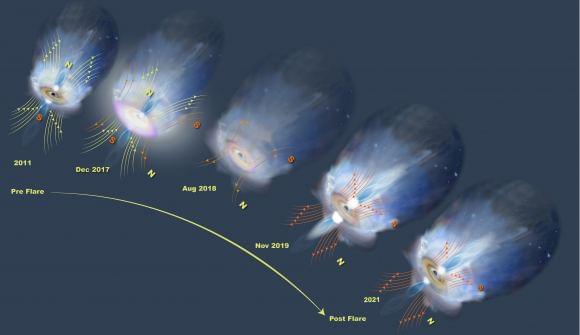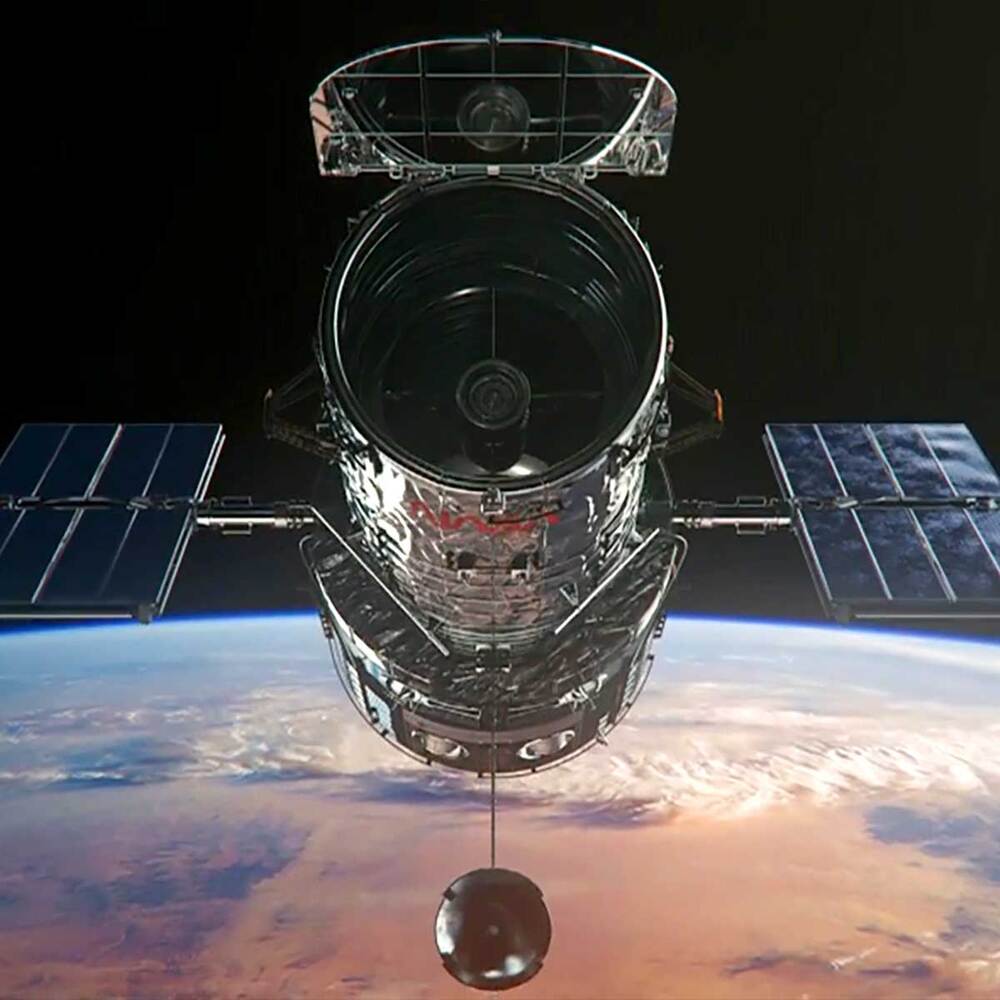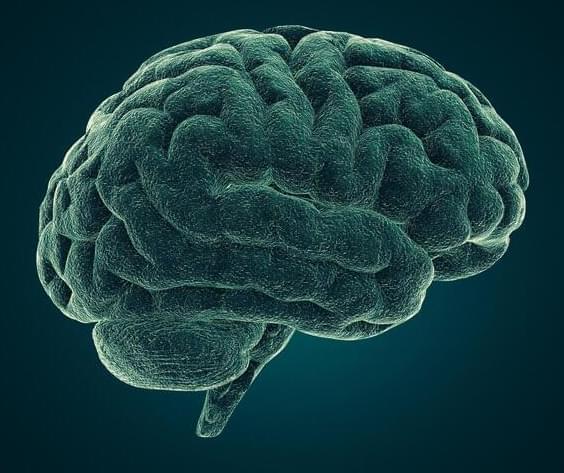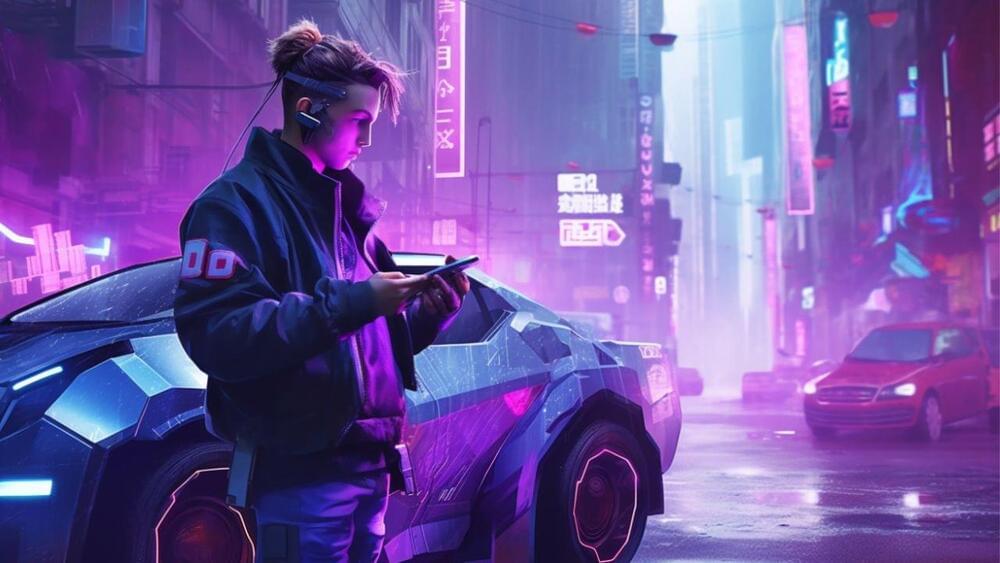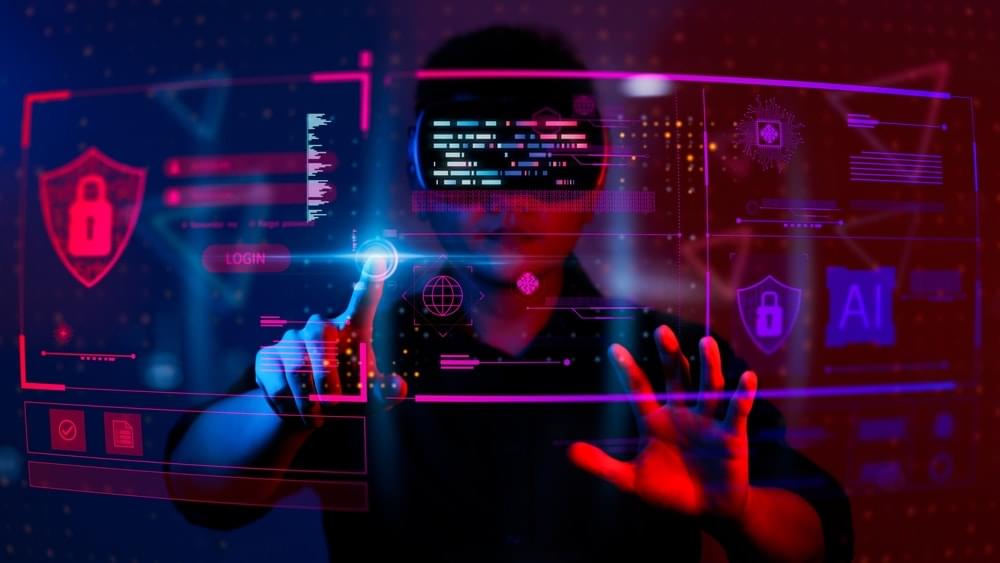Jun 8, 2023
A Huge Black-Hole just turned its whole magnetic field around
Posted by Dan Breeden in categories: computing, cosmology, particle physics
Black holes, cosmic power stations, fuel the luminosity of quasars and active galactic nuclei (AGNs) through their intricate interaction of matter, gravity, and magnetic forces. Despite black holes themselves not possessing a magnetic field, the surrounding dense plasma in the accretion disc does. As this plasma orbits the black hole, its charged particles generate an electric current and consequently a magnetic field.
This magnetic field, assumed to be stable due to the unvarying plasma flow, caused scientists to scratch their heads when they found evidence of its directional change. Such a phenomenon, known as a magnetic reversal, is akin to an imaginary pole of a magnet switching from north to south or vice versa. While not uncommon in stars, and even witnessed in the Sun’s 11-year sunspot cycle or Earth’s infrequent magnetic shifts, such an event was thought improbable for supermassive black holes.
In 2018, a computer-aided sky survey detected a startling transformation in a galaxy 239 million light-years away named 1ES 1927+654, which had suddenly become a hundredfold brighter. Swift Observatory soon reported x-ray and ultraviolet light emissions from this region. Initial speculations suggested a tidal disruption event caused by a star venturing too close to the galaxy’s central supermassive black hole, disrupting gas flow into the accretion disc, as the reason for this unusual luminosity.
